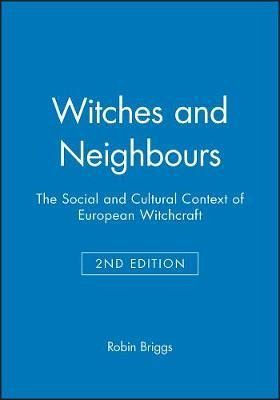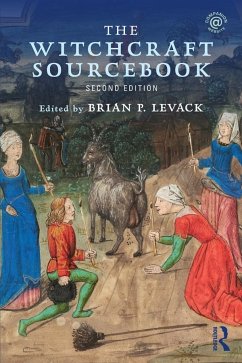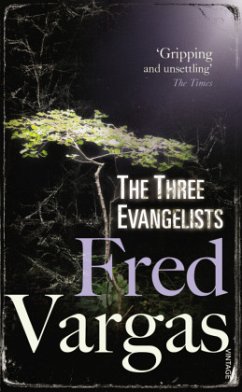
Witches and Neighbours
The Social and Cultural Context of European Witchcraft
Versandkostenfrei!
Versandfertig in 2-4 Wochen
50,99 €
inkl. MwSt.

PAYBACK Punkte
25 °P sammeln!
A fascinating and accessible account of the central role of witchcraft in early modern Europe.
A standard work on the subject of witchcraft now available in a revised edition with an updated bibliography.
A standard work on the subject of witchcraft now available in a revised edition with an updated bibliography.
Witches and Neighbours is a highly original and unconventional analysis of a fascinating historical phenomenon. Unlike other studies of the subject which focus on the mechanisms of persecution, this book presents a rich picture of witchcraft as an all-pervasive aspect of life in early modern Europe.












